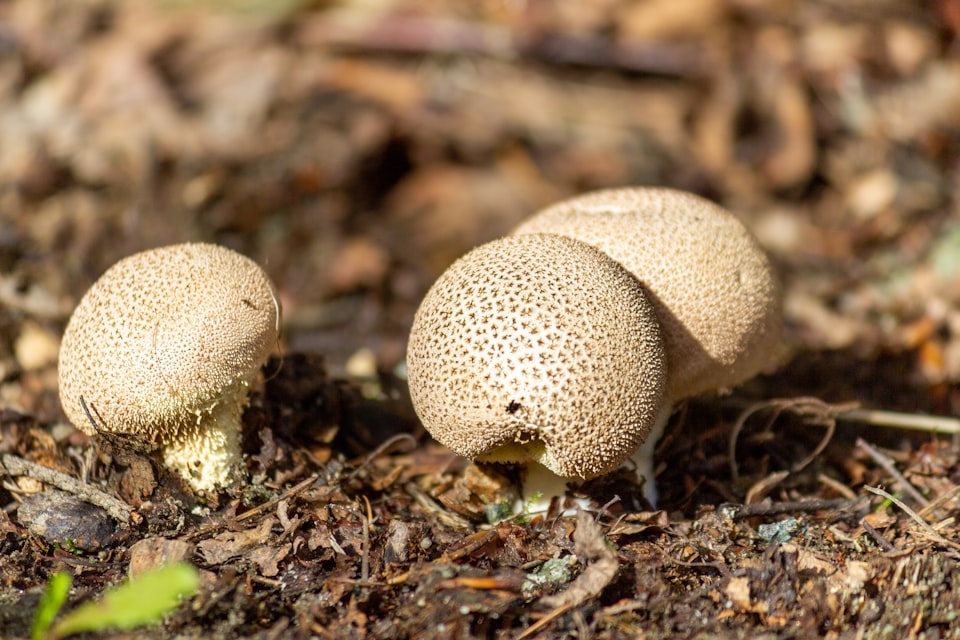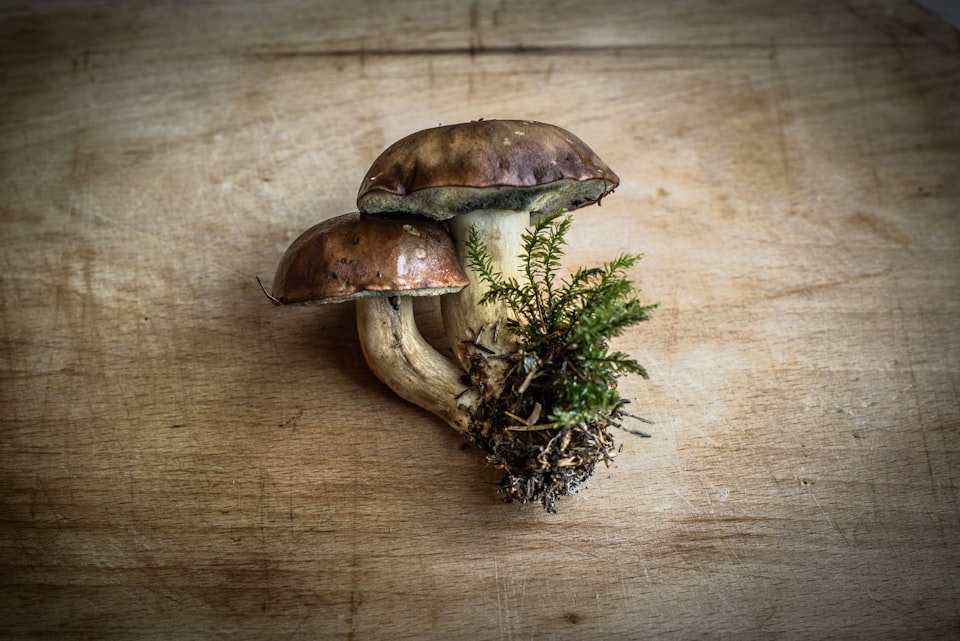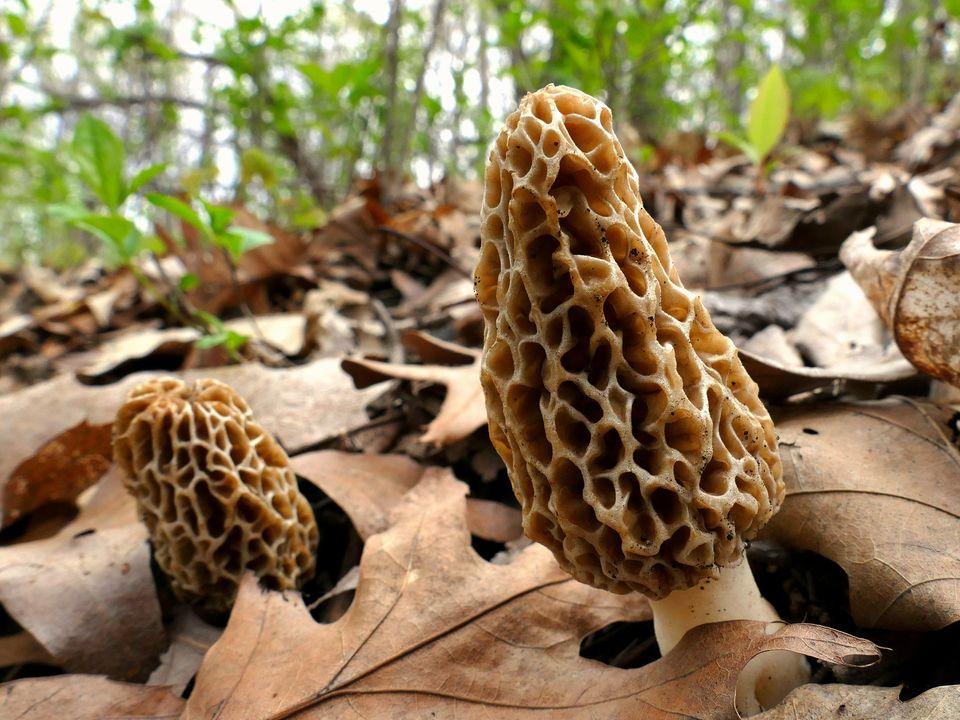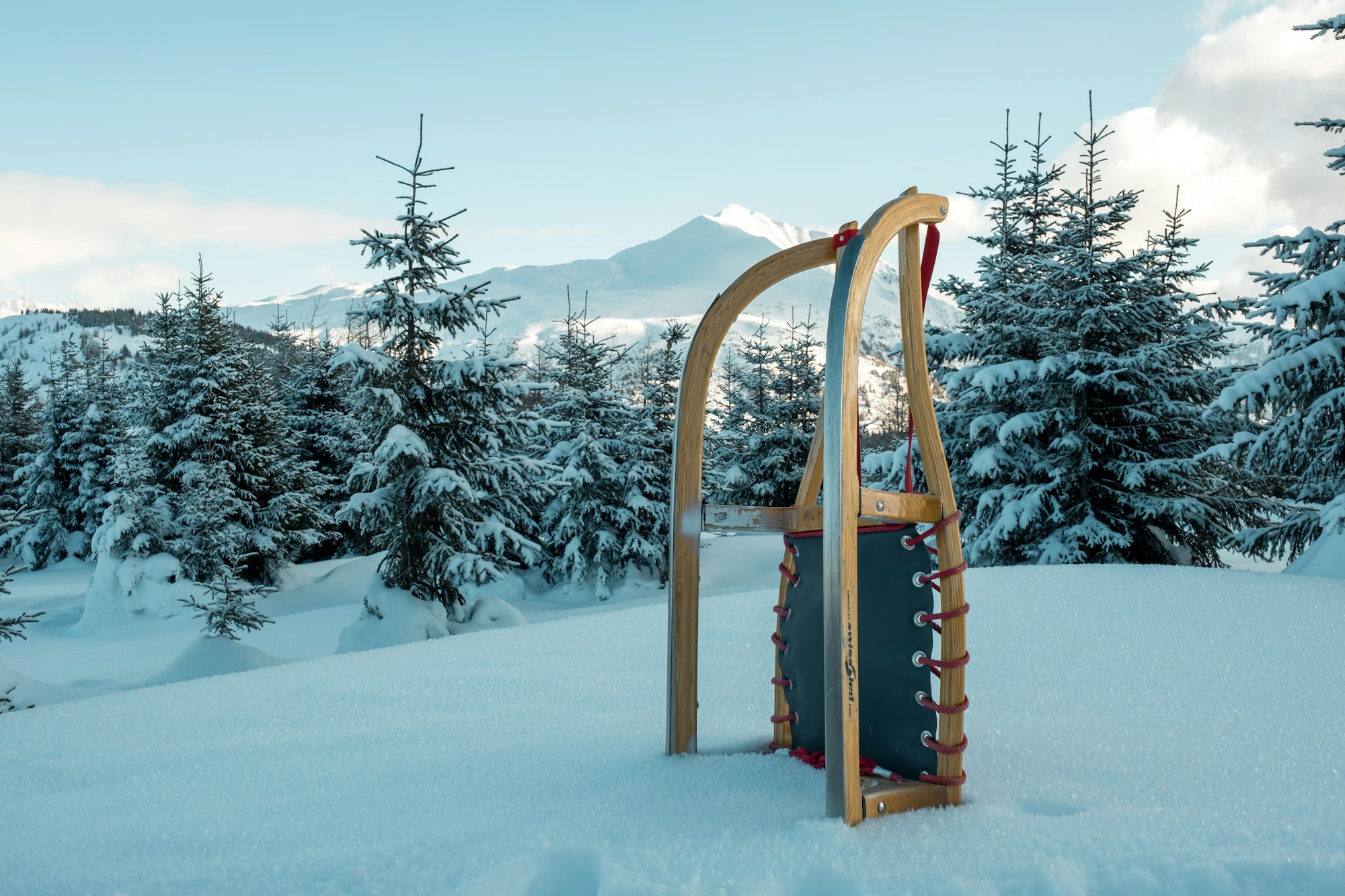VII: Amadou
Making fire, the natural way, requires fungus.
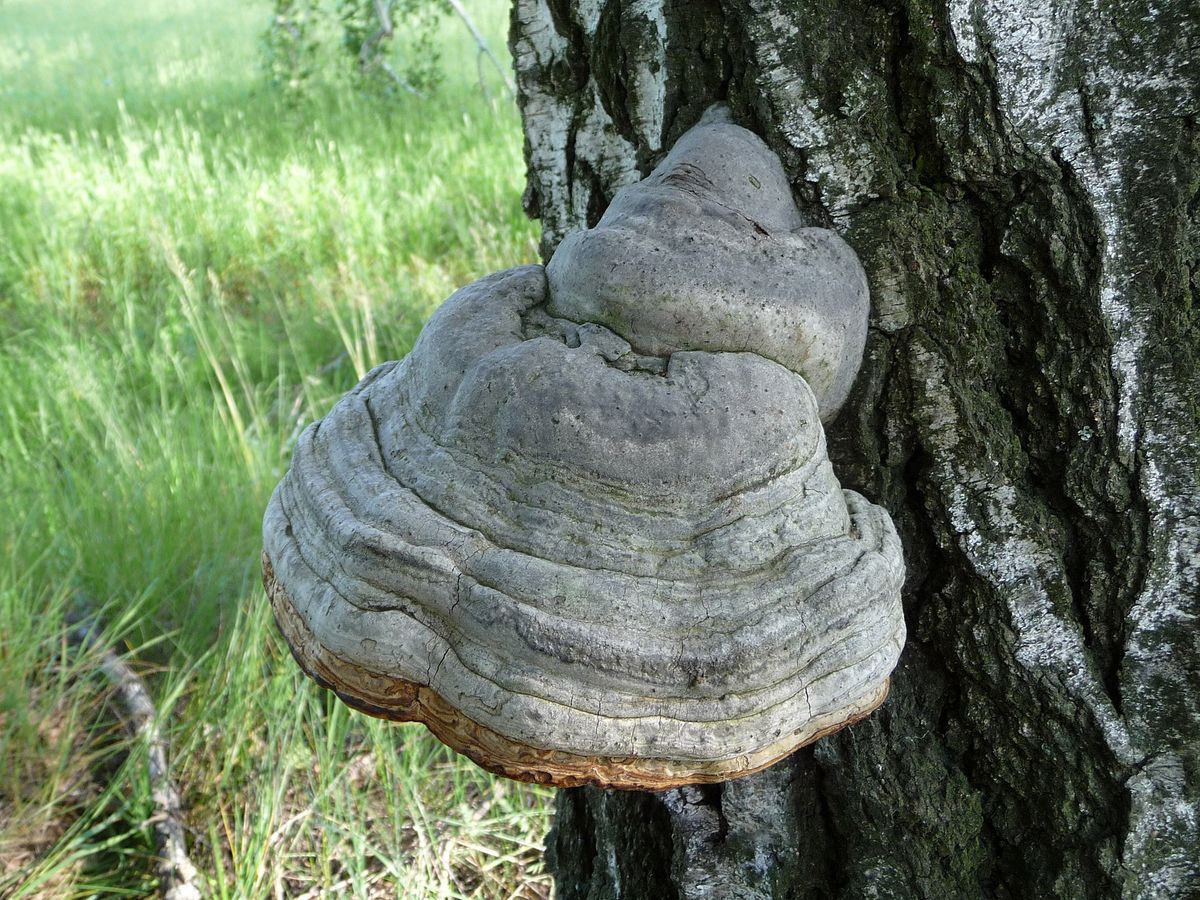
Good morning. Today is septidi, the 7th of Pluviôse, Year CCXXXI. We celebrate l'amadouvier, a fungus that is essential to making fire from sparks.
I never liked the idea of "lost" knowledge. Even from times before there were descriptive writing systems, the knowledge could be recreated from the skills of the practitioners who held it. This seems precarious in our day of detailed text at the press of a button, where knowledge is considered to be both precious and precise, but plenty of cultures and civilizations thrived without detailed written records of everything through oral knowledge transfer via skills-based education.
So our current education system sometimes seems to have its focus backwards, or inside-out. The idea is that you learn knowledge, and hopefully that knowledge will spark the desire to gain a skill. I guess that's possible, but it's far more embedded in the human brain to be given a task that requires a skill, and have the practice of that skill spark the desire to gain or invent more knowledge.
Schools are set up around this. All the paperwork and experiments and activities are skills-based attempts to both learn stuff and want to learn even more stuff. But then comes the evaluation, and all too often, we evaluate knowledge instead of skill, because that method of evaluation can be tidily, quantitatively scored for comparative grading. The students get grades by which they are judged, and now the schools get super-grades by which they are judged, which in turn leads to judgement being passed on entire districts, all of which has budgetary ramifications.
No wonder we feel like knowledge gets lost. We're constantly holding up the knowledge measuring stick to see if it's there or not. So let's talk about building fires.
